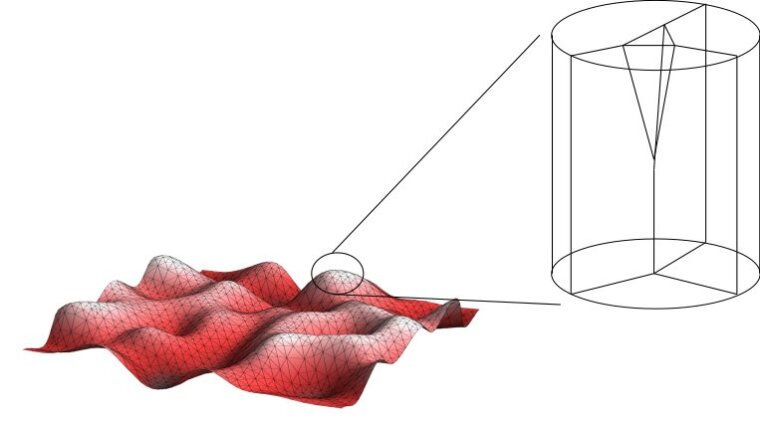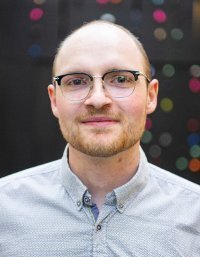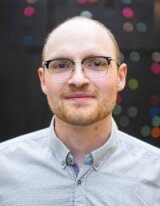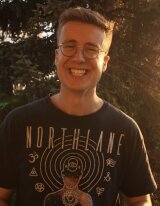
Research topics
Constructing quantum space-time: spin foam models and the renormalization group
An open question in theoretical physics is the description of the interaction of matter and dynamical space-time on smallest scales. On the one hand, we have matter, described as a quantum field theory, on the other hand the deterministic, geometrical description of space-time in general relativity. These descriptions are incompatible, since e.g. quantum field theories require a fixed background space-time. Moreover, we know that the classical description of space-time breaks down on short scales, singularities appear and we can no longer ignore the fundamental quantum nature of matter. The expectation is that these open questions are solved by a theory of quantum gravity.
The path to such a theory is not unique, and as a consequence many different approaches exist. Several of these approaches make the important assumption of background independence. General relativity formulates space-time a dynamical geometry. Hence no space-time is special such that it is unphysical to choose a preferred background. Two popular approaches embrace this principle, namely spin foam quantum gravity and the related canonical approach loop quantum gravity.
Spin foam models are path integral approaches to quantum gravity and can be understood as generalised lattice gauge theories. The idea is to replace space-time by a quantum superposition of geometries. To this end one sums over all possible space-times weighted by a quantum amplitude. Analogous to lattice gauge theories one introduce a lattice / a discretisation to truncate the number of degrees of freedom. Then one sums over discrete "building blocks of space-time". One of its main successes is the derivation of the semi-classical limit of one such building block, which is related to Regge calculus, a discrete version of general relativity.
The Emmy Noether junior research group investigates three tightly intertwined key challenges of spin foam quantum gravity. Its dynamics and the renormalization group of the theory, its computability and numerical methods and observables and matter coupling in spin foam models.
Renormalization group and phase diagram
How can we make contact with observable physics? Which influence does the discretisation have on results / observables and how can we define a continuum limit? Do different phases exists and what are their properties? The renormalization group / coarse graining is the key tool to tackling these questions by relating different spin foam models on different discretizations.
Computability of the theory and numerical methods
Calculations in spin foam models generically require numerics, e.g. for computing spin foam amplitudes or the renormalization of said amplitudes (via tensor network renormalization or Monte Carlo methods). Moreover we are looking for new numerical techniques that can help make spin foams computable.
Observables and matter
To better understand the properties of quantum space-time observables are indispensable. One the one hand we are interested in geometrical observables like the spectral dimension and curvature. On the other hand spin foam quantum gravity only describes pure gravity, such that it is vital to couple matter to quantum space-time.
Contact

Research group
-
Steinhaus, Sebastian, Dr JRG Emmy Noether
Abbeanum, Room 308
Fröbelstieg 1
07743 Jena
Image: S. Steinhaus -
Asante, Seth Kurankyi, Dr JRG Emmy Noether
Room 126
Helmholtzweg 4
07743 Jena
Image: S. Asante -
Jercher, Alexander JRG Emmy Noether
Room 103
Helmholtzweg 4
07743 Jena
Image: A. Jercher